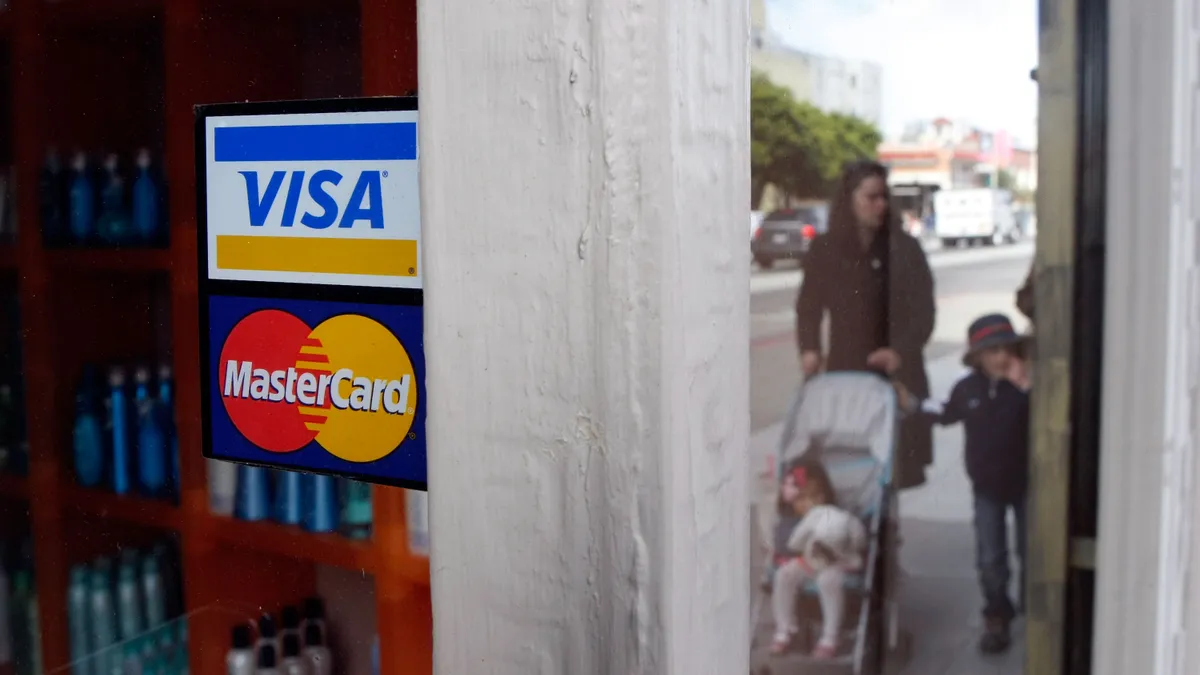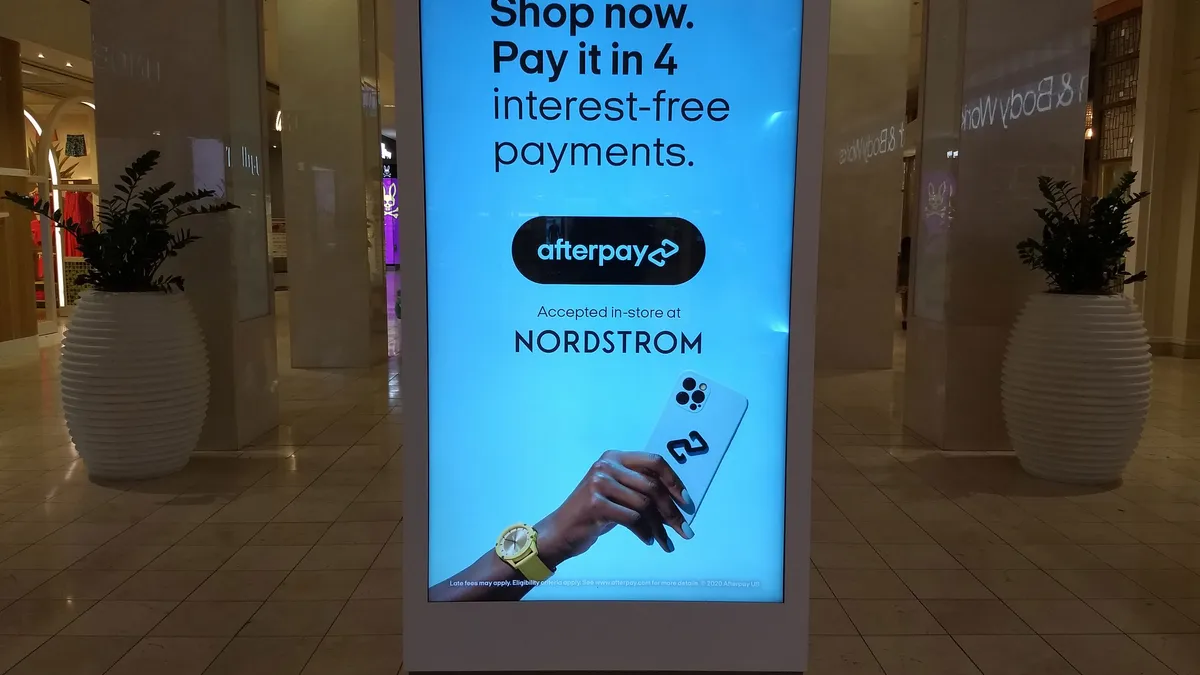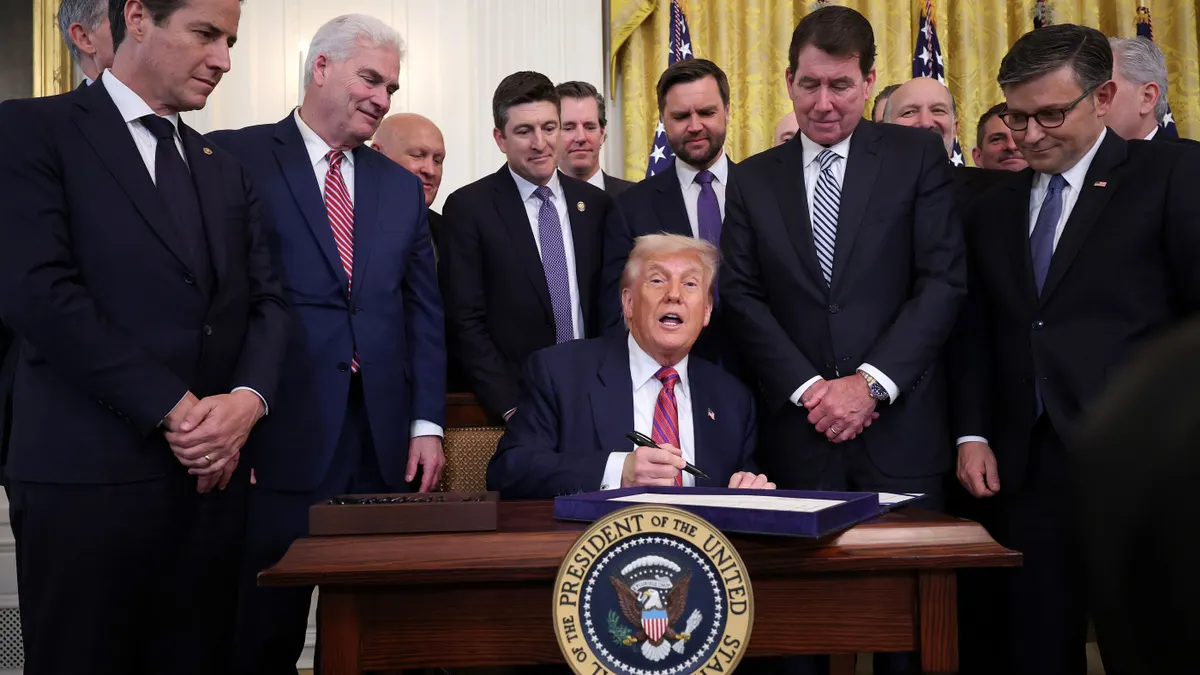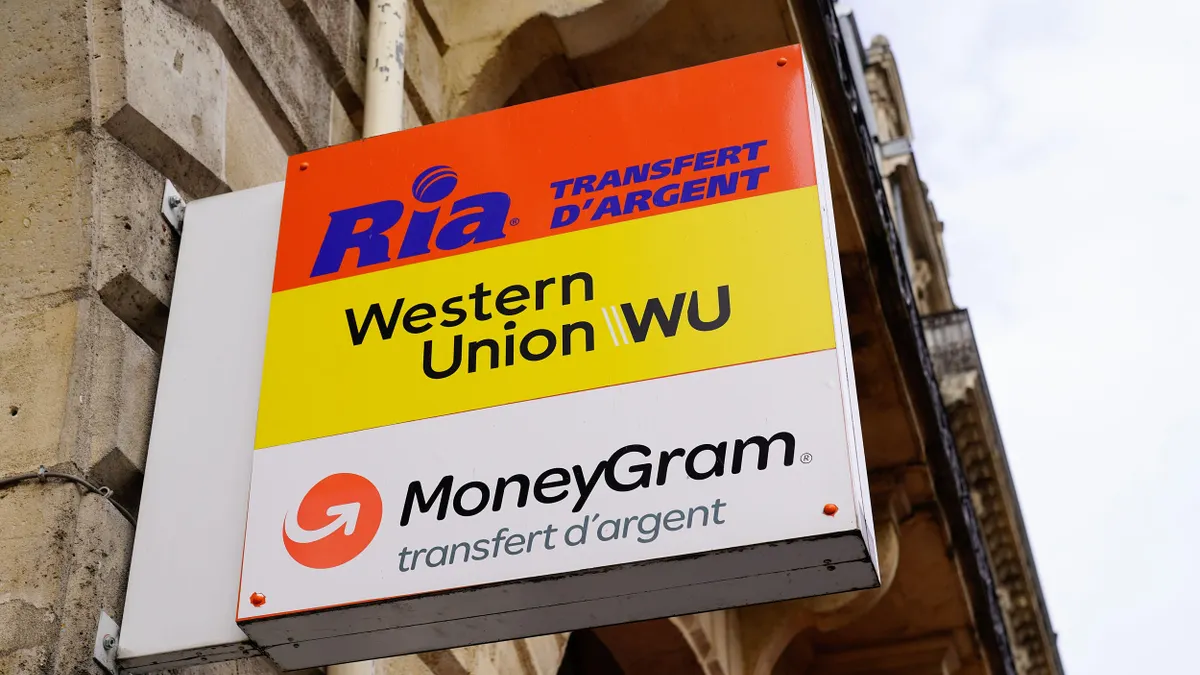Plaintiffs’ law firm Milberg Coleman Bryson Phillips Grossman filed more than 115 fraudulent documents in which it claimed to represent businesses seeking to collect their share of a $5.5 billion class-action settlement involving Visa and Mastercard, according to federal court filings.
The businesses that Milberg falsely said it had the authority to represent in the claims filing process included Fortune 500 companies, attorneys for the class of eligible merchants in the antitrust case wrote in court papers.
The merchant litigants in the class action are represented by attorneys from the law firms Robins Kaplan, Robbins Geller Rudman & Dowd as well as Berger Montague.
The lawyers for the class action plaintiffs and for Milberg did not name the specific companies at issue, though the law firm admitted that “high-profile corporations” were among those named in the fraudulent documents.
The claims process is part of the settlement of a two-decade-old class action in which plaintiffs were awarded $5.5 billion in damages, but related injunctive relief is still at issue. A judge reviewing an injunctive settlement proposal rejected it last month because it didn't treat merchants equitably.
The law firm Milberg said in court filings that it learned “the names of the representatives of said corporations that signed our Authority to Represent documents were not real and/or were not individuals with actual authority to act on behalf of said corporations.”
Milberg told the court that a “problematic third-party referral source” was to blame for the fraudulent filings, and it withdrew its registrations to represent such entities submitted to the firm by that source.
Milberg also terminated its relationship with the referral partner and disciplined an employee within the firm, it told the federal court in the Eastern District of New York.
Additionally, Milberg agreed in mid-July to pay $25,000 to the official settlement administrator, Epiq Systems, to cover the company’s costs for working to address the fraudulent documents the law firm submitted.
Milberg also agreed in a July 12 court filing that the outside party it blamed for the fraudulent filings would be referred to law enforcement and said it would “cooperate fully in any investigation that may occur.”
Milberg identified the referral partner responsible as Laverne Hallak of San Diego, and the July 12 filing said class counsel was going to contact the U.S. Attorney’s office in San Diego. Hallak could not be reached for comment.
Milberg attorney Gary Klinger, who signed the July 12 agreement with class counsel, did not respond to requests for comment.
Spokespeople for class counsel declined to comment beyond the court filings, as did Epiq.
The landmark antitrust settlement in question partially resolved a long-running case in which the two credit card network giants were alleged to have overcharged merchants by exacting excessive interchange fees for well over a decade. Visa and Mastercard didn’t admit to any wrongdoing in the case, which only pertained to civil matters.
The class of merchants includes any U.S. businesses that accepted Visa and/or Mastercard credit or debit cards between Jan. 1, 2004, and Jan. 25, 2019.
Merchants have until Aug. 30 to file claims in the case, and the amount of money eligible businesses may each receive from the settlement could range up to hundreds of thousands of dollars.
Meanwhile, Milberg’s agreement to pay $25,000 to Epiq came after class counsel had sought sanctions against the firm because of the “substantial time” the settlement administrator spent working to resolve the issues related to the fake filings.
Class counsel said “even a cursory review process” should have uncovered the fraudulent filings Milberg received from its referral partner.
Milberg said its actions did not support a finding of bad faith and argued sanctions were not warranted.
As a result of the July 12 agreement between the parties, U.S. Magistrate Judge Joseph Marutollo wrote in a July 13 opinion and order that he was declining to sanction Milberg “at this time.”
“The integrity of the claims process in this matter remains essential,” Marutollo wrote.
The fake filings from Milberg also contributed to a problem in which multiple parties have sought to represent the same business in the claims filing process for the $5.5 billion payment card settlement.
As of May 10, there were more than 30,000 claim conflicts pending resolution in the case, according to a document class counsel submitted to the court. An official from Epiq called the volume of conflicts “unprecedented.”
Class counsel and Epiq have declined to provide an updated figure regarding the number of claim conflicts.



















